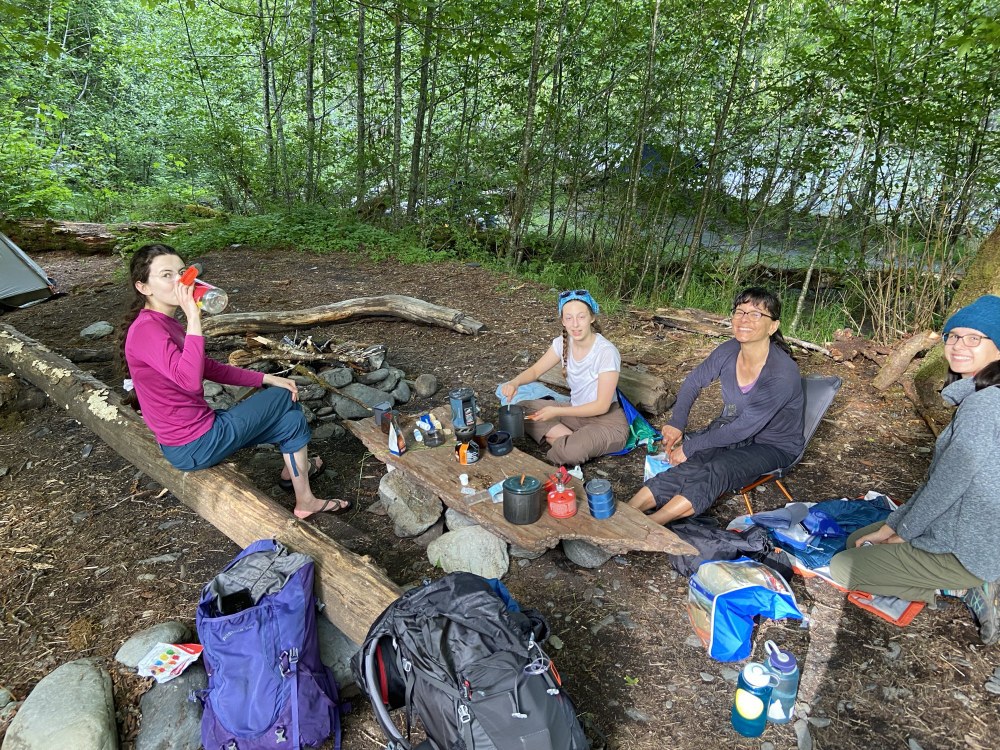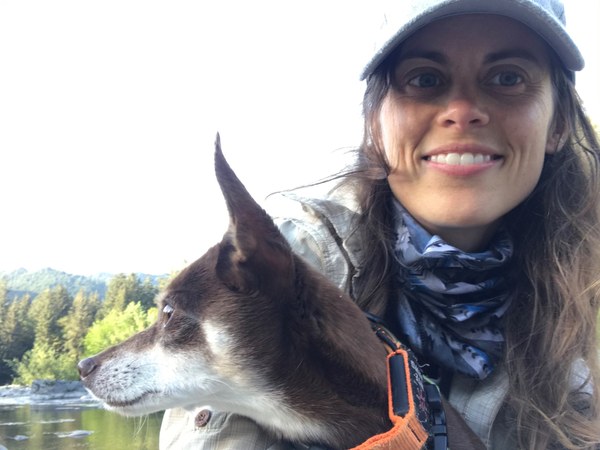
Herbs and spices have been used around the world for thousands of years to support human health. This still holds true today. Herbs and spices can be incredibly helpful for the modern day adventurer, especially when out on the trail. Naturally occurring compounds in plants called phytochemicals, designed to protect the plant from infection and illness, have also shown health benefits for humans as well.
The primary health benefit is seen in a reduction of inflammation in the body. Inflammation is an important defense mechanism in times of injury or illness. Sore muscles, red mosquito bites, a swollen ankle, and even sunburn are all signs of acute inflammatory reactions that are well known to backpackers, hikers, and climbers- especially on extended or multi-day trips. These reactions are normal and healthy. Adding anti-inflammatory agents into the diet is a way to support these natural healing processes.
Some herbs and spices are also known to have antimicrobial and insecticidal properties as well. So while this doesn’t mean you can skip washing your hands or drink straight from the lake, it does mean that introducing herbs and spices to your diet increases your body's ability to fight off unwanted invaders should you encounter them. Because who wants to deal with gut issues out in the wilderness? No one!
Herbs and spices have been shown to support long-term health as well. Research has shown chronic inflammation to be linked with cancer, diabetes, high cholesterol, Alzehiemers, and many other chronic diseases. It is hard to go wrong or overdo it with herbs and spices at home or on the trail!
Top Herbs and Spices for Outdoor Adventures
Turmeric, also called the ‘golden spice,’ has over ten thousand studies of it’s active compound, curcumin. You can purchase fresh turmeric root or enjoy it in spice form. Turmeric can help reduce joint pain and swelling, and you can amplify its impact by adding black pepper. Uses: eggs, soup, roasted vegetables, meat, beans
Garlic can be enjoyed freshly chopped or in powdered form. If you want to replenish electrolytes, you can opt for garlic salt; if you wish to reduce sodium, you can choose garlic powder. Uses: vegetables, meat, soups, stews, dressings, sauces and marinades
Ginger is a versatile spice that can be used in sweet or savory dishes. Like turmeric, it can be used as a root or in a powdered spice form. Some studies have shown ginger can help settle an upset stomach. Uses: meat, seafood, vegetables, desserts
Cinnamon, of course you know cinnamon! Put it anywhere the mood strikes you! Uses: oats, fruit, chicken, desserts, and smoothies/drinks
Cayanne, derived from a pepper, contains the active compound capsicum which has been shown to reduce pain. Uses: vegetables, chicken, beef, fish, rice, sauces, and rubs.
One of my favorite beverages, golden milk, includes many of the above spices and can be adapted for the backcountry quite easily. Simply combine hot water, powdered milk (I like coconut milk) along with turmeric, ginger, cinnamon, clove, and honey (or sugar) for a tasty, relaxing, and delicious post-hike beverage.
While these herbs and spices have among the highest levels of bioactive compounds, don’t limit yourself to just these. Pack any herbs and spices that you enjoy! If you are new to using spices, you should definitely experiment and gauge your palate before hitting the trail.
How to pack and use herbs and spices on your trip
If you like to make your own camping meals (definitely check out these amazing recipes!), you can add your spices to your dishes ahead of time. (Note: don’t be afraid to add more than the recipe calls for if you know you like the flavor to increase their potency!)
You can also carry individual spice packets using miniature zip craft bags and sprinkle on your food as you wish. The advantage to this method is your spices are contained and you can double bag them to keep odors down if you are in an area where that is needed.
Enjoy!

About the Author: Pamela Malo, MHS, RD is a private practice registered dietitian in Washington who loves the outdoors and helping others make peace with food and their body. Learn more at pamelamalo.com.
 Pamela Malo
Pamela Malo